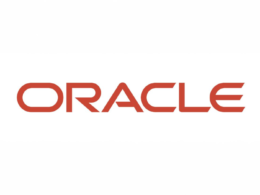JPMorgan Chase, through its digital assets division Kinexys, has launched a pilot project to tokenise carbon credits using blockchain technology. Developed in partnership with S&P Global Commodity Insights, EcoRegistry, and the International Carbon Registry, the initiative seeks to improve transparency and efficiency in carbon markets, which have faced criticism over fragmentation, poor traceability, and credibility concerns.
The project aims to digitise carbon credits recorded on partner registries, allowing them to be tracked from issuance to retirement. Each token would represent one tonne of carbon dioxide either avoided or removed, typically through renewable energy or conservation projects.
Alastair Northway, head of natural resource advisory at JPMorgan Payments, said the voluntary carbon market “is ripe for innovation,” and that tokenisation could help create a more interoperable and trustworthy infrastructure. JPMorgan has previously funded offset initiatives and acquired carbon removal credits, and has expressed interest in becoming a major player in carbon finance.
The initiative comes amid broader experimentation by major financial institutions with tokenising real-world assets. BlackRock and Deutsche Bank, among others, have explored similar technologies in areas such as stocks and government bonds. JPMorgan’s pilot also coincides with a report in which the bank described carbon as a potential asset class requiring stronger systems and innovation to mature. The report noted that without reform, trust in the market could further erode.
Previous tokenisation efforts by other firms have drawn criticism due to issues such as double-counting and transactions involving already-retired credits. JPMorgan has acknowledged these challenges and says it aims to use blockchain to bolster market integrity.
The pilot marks JPMorgan’s latest move in the growing trend of real-world asset tokenisation. The bank recently filed a trademark for “JPMD,” a new digital deposit token backed one-to-one by U.S. dollars. The token, which will run on Coinbase’s Base network, is expected to be tested with institutional clients, pending regulatory approval.
The shift towards asset tokenisation is gaining momentum as regulators in the EU, UAE, and Switzerland establish clearer frameworks for digital finance. The United States is expected to follow suit. According to Boston Consulting Group, more than $260 trillion in traditional assets could eventually be tokenised, spanning equities, bonds, currencies, and carbon credits.

















